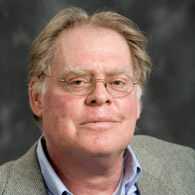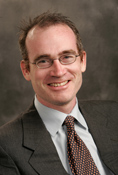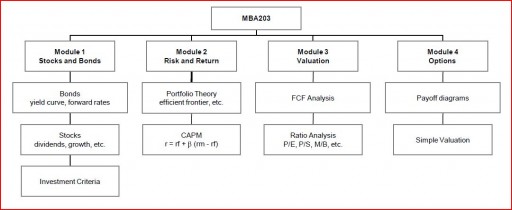2011年上半年(截止到6月18日)我的微博汇总
我的新浪微博:http://weibo.com/fengdingcn
____________________________________________
2011-06-18 12:51
《公司的力量》第九集《本土雄心》讲中国,最后一集第十集《地球无疆》讲全球化。这两集的内容本身没什么出彩的地方。但我想起我这两年来美国读书才真正体会到的两句话。一句是:全球化不等于西方化。另一句是:民族的才是世界的。现在我很喜欢这两句话,也很相信。
____________________________________________
2011-06-18 09:11
这集最亲切的是居然看到好几次采访 Steve Blank 的镜头,我这学期上过他的一门课,我相信会是我 MBA 学的这么多课里面真正有用的几门课之一。遗憾的是镜头上写的斯坦福大学工程学院教授,呵呵,其实他也是我们伯克利哈斯商学院的教授。我以前的微博里提过他老人家讲解的硅谷秘史,在YouTube上有。
____________________________________________
2011-06-18 09:09
《公司的力量》第八集《创新先锋》的内容是创新、科技、硅谷等等,哈哈,所以我看的特别亲切。开头贝尔实验室的镜头就让我回想到大学时代,毕竟咱也是通信工程出身,呵呵,回想那会儿贝尔实验室、朗讯、北电可都是来校园招聘的最牛企业啊……
____________________________________________
2011-06-18 06:53
这集有句解说词听起来特有感觉:“…… 充满了东方文化的家国气质。” 家国二字,真是特有感觉。准备以后拿这个词考考我那个中文听说读写都已经很牛的白人同学,如果他不能正确解释这个词,说明中文还不过关,哈哈……
____________________________________________
2011-06-18 06:52
《公司的力量》第七集《各领风骚》话锋一转,从西方转向东方,开始讲日本公司的兴衰史。关于日本的这些内容貌似在美国商学院里鲜有涉及,所以我觉得很新很生。例如提到涩泽荣一,他被称为日本现代企业之父,哎,恕我无知,以前根本不知道这个名字…汗…很想以后有机会跟日本同学再多聊聊……
____________________________________________
2011-06-18 05:19
我觉得这集还有一点很有意思,是提到德国公司的治理结构,所谓的共决制,有工会成员代表员工利益,和管理人员一起参与公司决策。这个貌似是我在美国的商学院里没有听说过的。嗯,幸好我有两个要好的MBA德国同学都回德国了,以后有空跟他们聊聊这个话题。
____________________________________________
2011-06-18 05:18
这集提到了被管理学大师彼得.德鲁克称为第一位真正的职业经理人的艾尔弗雷德.斯隆 Alfred P. Sloan,我想Sloan值得所有MBA学生的致敬。他执掌通用汽车很多很多年。麻省理工的商学院斯隆管理学院就是以他的名字命名的,斯坦福商学院和伦敦商学院的 Sloan program 也是以他的名字命名的。
____________________________________________
2011-06-18 05:16
《公司的力量》第六集《谁执权杖》估计很合MBA们的兴趣,因为这集的话题是职业经理人的前世今生。这集讲了三、四十年代福特汽车怎么从家族企业转变成有职业经理人管理的企业的;还提到直到1968年,西门子的CEO才第一次由非西门子家族成员担任。
____________________________________________






 and
and 


